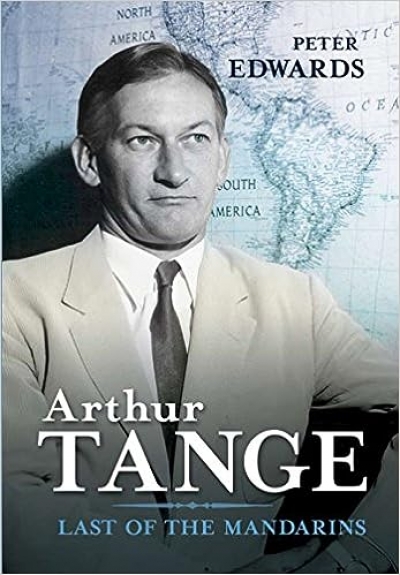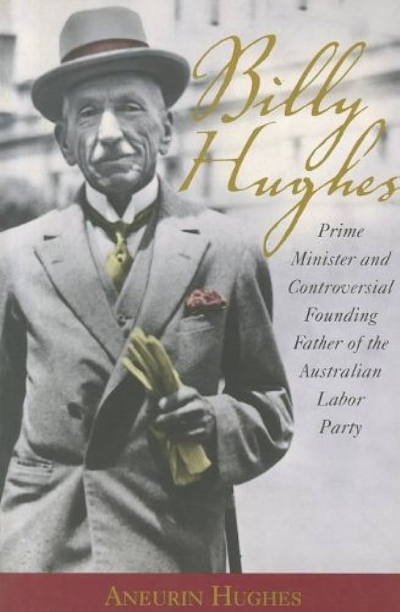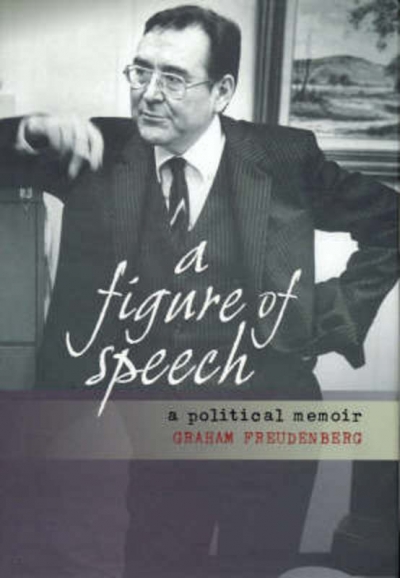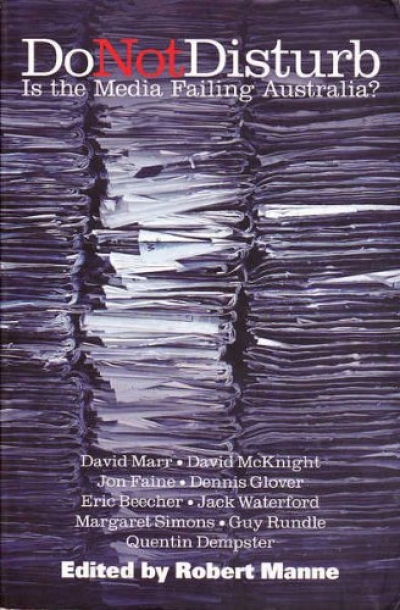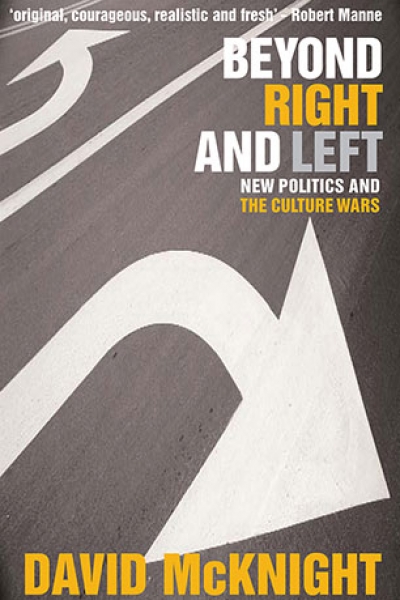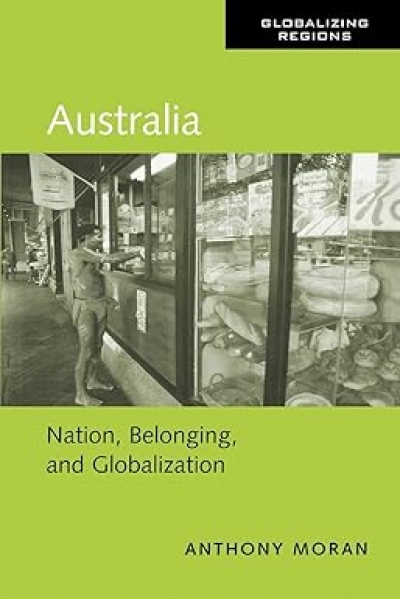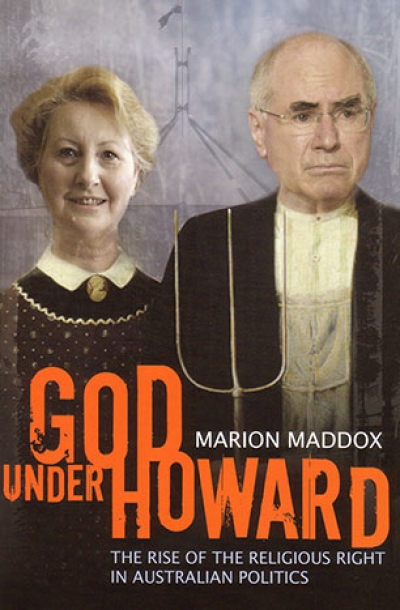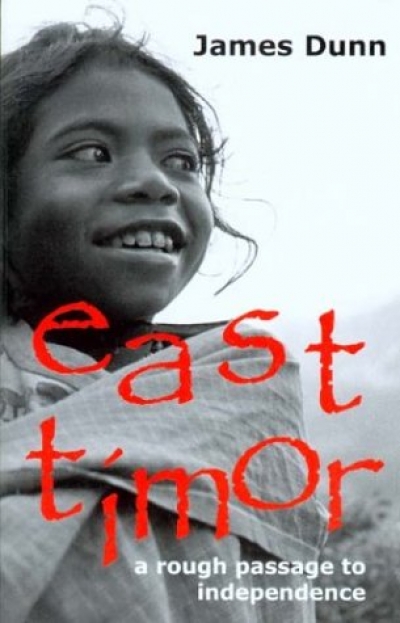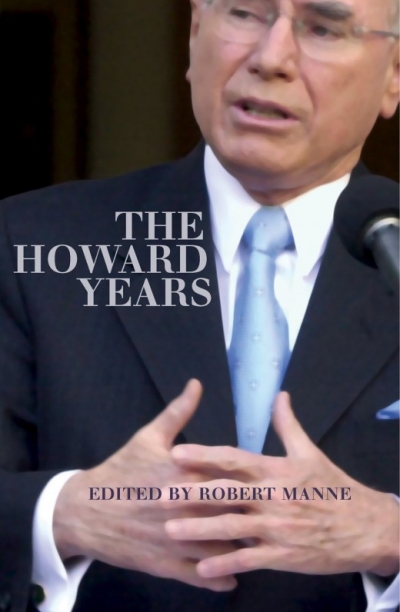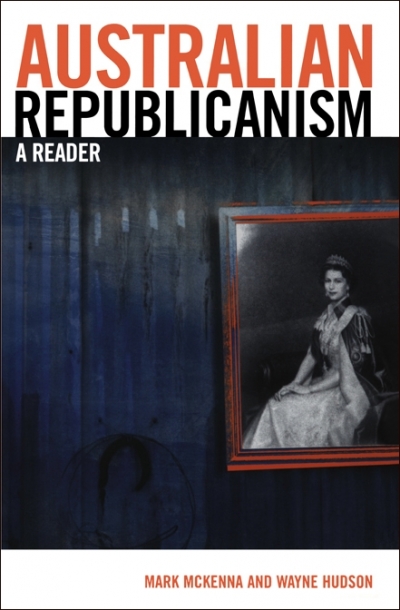Australian Politics
Billy Hughes: Prime Minister and controversial founding father of the Australian Labor Party by Aneurin Hughes
by John Wanna •
A Figure of Speech: A political memoir by Graham Freudenberg
by Troy Bramston •
Do Not Disturb: Is the media failing Australia? edited by Robert Manne
by Sylvia Lawson •
Beyond Right and Left: New politics and the culture wars by David McKnight
by Guy Rundle •
Australia: Nation, belonging, and globalisation by Anthony Moran
by Tim Rowse •
God Under Howard: The rise of the religious right in Australian politics by Marion Maddox
by James Upcher •
Australian Republicanism: A reader by Mark McKenna and Wayne Hudson
by Guy Rundle •

